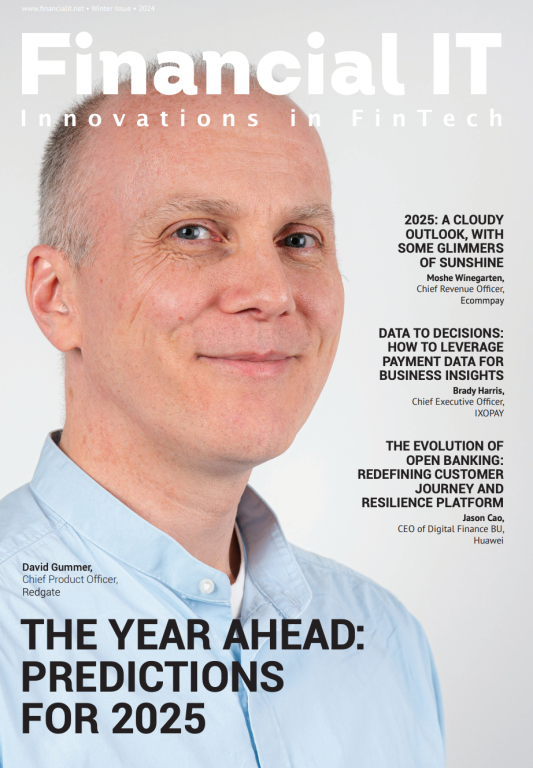TransferGo Launches Multi-Currency Accounts For Global...
- 03.02.2025 01:25 pm
NomuPay, TerraPay, and KlickEx Pacific Join Forces to...
- 22.01.2025 09:05 am
Alchemy Pay Expands U.S. Compliance with Four New...
- 08.11.2024 02:30 pm
TerraPay and Suyool Join Forces to Enable Instant and...
- 05.11.2024 10:15 am
More People Than Ever Choose Zelle with Nearly Half a...
- 18.10.2024 12:35 pm
Ace Money Transfer Achieves 40% Growth in Remittances...
- 22.07.2024 09:30 am
Temenos and Visa Team Up to Bring Visa Money Movement...
- 16.07.2024 09:30 am
Galileo Financial Technologies Helps Fintechs Meet...
- 10.07.2024 09:45 am
Airwallex Hong Kong Increases Local Customer Base by...
- 12.06.2024 11:30 am
Ria Money Transfer and dLocal Partner to Amplify Real-...
- 04.06.2024 02:15 pm
PayDo Expands Currency Range for SWIFT Transactions
- 16.05.2024 09:45 am
Transfergo and Tink Partner for International Money...
- 02.05.2024 09:05 am






















